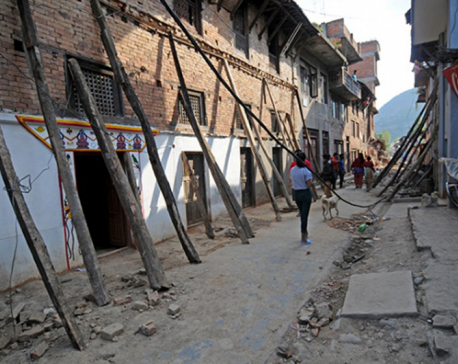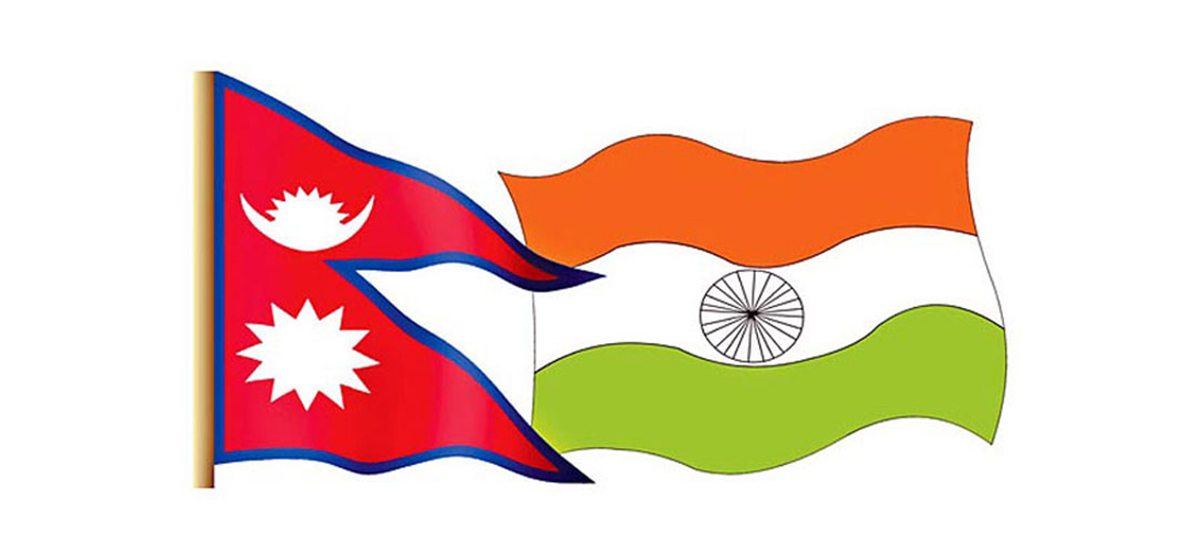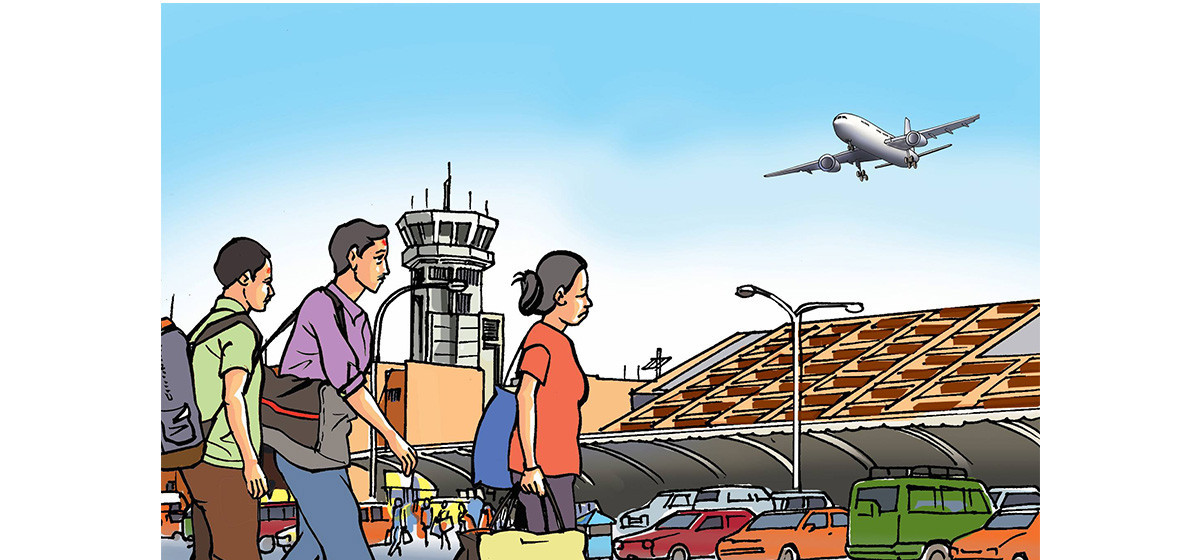
OR


Udayan Regmi
The author is an advocate and founding partner at A.H.N. Legal Law firmudayanregmi@gmail.com
Many cases of medical negligence are being reported in Nepali media. The recent case that has been making news is related with a case against Grande International Hospital which has been accused of committing series of acts of negligence pushing a newly born baby to a malnourished life.
This is not the first case of medical negligence, however. Many renowned hospitals have been dragged into controversy over the past few years following patient’s death due to the negligence on the part of assigned doctors. Statistically, only around 35 cases of medical negligence have been made public when in reality around three times more number of reported cases are settled without being reported. Even when these cases are brought forward, people are left with obstacles to seek justice.
In the current case against Grande Hospital, Sanjeev Neupane’s bitter feelings toward Medical Council is not unjustifiable as the Council prescribed petty action such as issuing probation to one doctor and warning to another after investigating the case. The case is emblematic of how trivial these issues are considered by the hospitals.
On the legal front, the issue carries way less gravity. The general trend is that victims settle cases of medical negligence outside regular court and do not go through related official procedures. This is done by settling down related matter by taking some amount of money offered by the hospitals rather than filling lawsuit against them. The victims generally fear and rather try to avoid the legal hassles while the service providers become concerned about their reputation and to avoid defamation, they become ready to a hefty amount in compensation.
It is essential to find why this happens. This will help trace general public’s distrust in legal system.
Nepal’s Consumer Protection Act (2075) provides rights to the family of the victims to lodge a complaint before the Compensation Committee and subsequently in courts against the service provider, in case of medical negligence. Unfortunately, only 11 incidents were brought in the court for prosecution, clearly indicating a hindrance in access to justice. Existing legal hassles in the justice delivering process are evident by various facts and figures. For instance, case filed by Manish Poudel from Budanilakantha Munipality-3 on March 24, 2011 against the doctors of Ganga Lal Heart Center, Bansbari is still gathering dust in the judiciary. Likewise, a claim for compensation filed by Sudip Bista at the District Compensation Committee on February 16, 2017 is still pending. Similarly, the case of Gopal Ram Pokhrel of Kathmandu who died in Medicare Hospital is yet to be decided. Yet another similar story that illustrates sheer negligence by the doctors of Norvic Hospital occurred a year ago. Two doctors from the hospital conducted surgery on the wrong leg of the patient. The failure of the doctors to assess the leg to be operated after reading the pre-surgery reports is absolutely bizarre. The hospital and doctors acknowledged their mistake and solved it by inking an agreement with the victim party and settled the case.
Such cases require proper investigation and prosecution by the government. Settlement between two actors should be unacceptable on moral and legal grounds. In one of the cases of medical negligence, the Supreme Court of the country, in 2019 issued a verdict stating that the state, even more than victims, should play proactive role in settling such issues. The police entrusted with the duty of investigating criminal cases are probably unaware of the precedent laid and unwilling to initiate investigation of any kind. Not far and much different from them, the government attorneys are less likely to take lead on such cases.
Medical negligence needs a serious and speedy attention from the government to provide justice to the victims and guarantee non-recurrence.
The author is an advocate
You May Like This

Snakebite outbreak on the rise as rainy summer continues
KATHMANDU, July 13: The Epidemiology and Disease Control Division, based in Teku, has recently reported a surge in snakebite cases... Read More...

How to reduce the spread of coronavirus
WASHINGTON, March 7: Health experts say the best, simplest ways to preven the spread of COVID-19, the novel coronavirus that... Read More...

Prevention is better
Linking disaster management with the national development framework has always been a big challenge here in Nepal ... Read More...






Just In
- Power supply to be affected in parts of Kathmandu Valley today as NEA expedites repair works
- Godepani welcomes over 31,000 foreign tourists in a year
- Private sector leads hydropower generation over government
- Weather expected to be mainly fair in most parts of the country today
- 120 snow leopards found in Dolpa, survey result reveals
- India funds a school building construction in Darchula
- Exploring opportunities and Challenges of Increasing Online Transactions in Nepal
- Lack of investment-friendly laws raises concerns as Investment Summit approaches












Leave A Comment